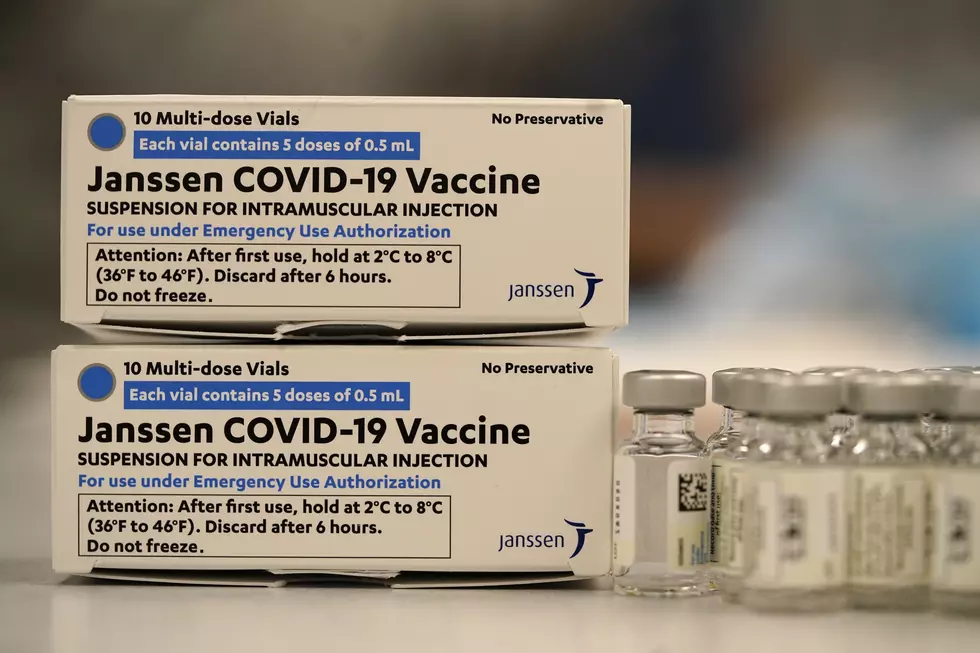
Rutgers to follow COVID vaccine trial participants for a while
Rutgers was a major player behind the scenes in the testing process for two of the coronavirus vaccines that many New Jersey residents are still waiting to receive.
Getting participants enrolled in Phase 3 clinical trials, then executing the trials and following through, was a monumental effort even for a research university.

But Rutgers did its part, and continues to follow up with participants, perhaps setting the stage for more trials and research in collaboration with pharmaceutical giants in the future.
"This involved basically the whole research team at the medical school, to essentially drop almost all the other research projects going on," said Jeffrey Carson, principal investigator at Rutgers for the Johnson & Johnson trial and a distinguished professor of medicine at Rutgers Robert Wood Johnson Medical School in Newark.
During the summer of 2020, Carson said, Rutgers made a case to J&J that it could serve as a starting point for recruiting people into a trial, since heavy research of COVID patients was already underway and the school had a lengthy list of contacts. Rutgers ended up recruiting the second highest number of Phase 3 J&J participants out of the 200+ sites worldwide.
Shobha Swaminathan, associate professor of medicine at the medical school and the clinical research site leader for the Moderna trial, said the process needed sites that were connected to the community, were trusted and had a track record of safely and effectively conducting clinical trials. The medical school's Research With A Heart site had conducted multiple HIV clinical trials.
"It was also crucial that the sites chosen were located in severely impacted communities that needed an intervention," Swaminathan said. "The virus disproportionately affected Essex County compared to other New Jersey counties."
In both trials, patients are to receive follow-ups for two years. Swaminathan said that's the estimated length of immunity that the Moderna vaccine is expected to provide.
Carson said participants have an app on their phone that lets them report symptoms compatible with COVID-19. A research nurse would then be sent to their home.
"We know this vaccine works and reduces the risk of infection within a couple months," he said. "What we don't know is how long it works for."
Sponsors of a clinical trial, Carson added, want sites "that deliver" — they enroll a lot of participants and conduct the trial properly. Carson said he believes Rutgers delivered.
"We hope that J&J looks upon Rutgers now as a very desirable place to do clinical trials and to collaborate on research projects," he said.
KEEP READING: The Jersey Shore Businesses We've Lost During COVID
More From 92.7 WOBM










